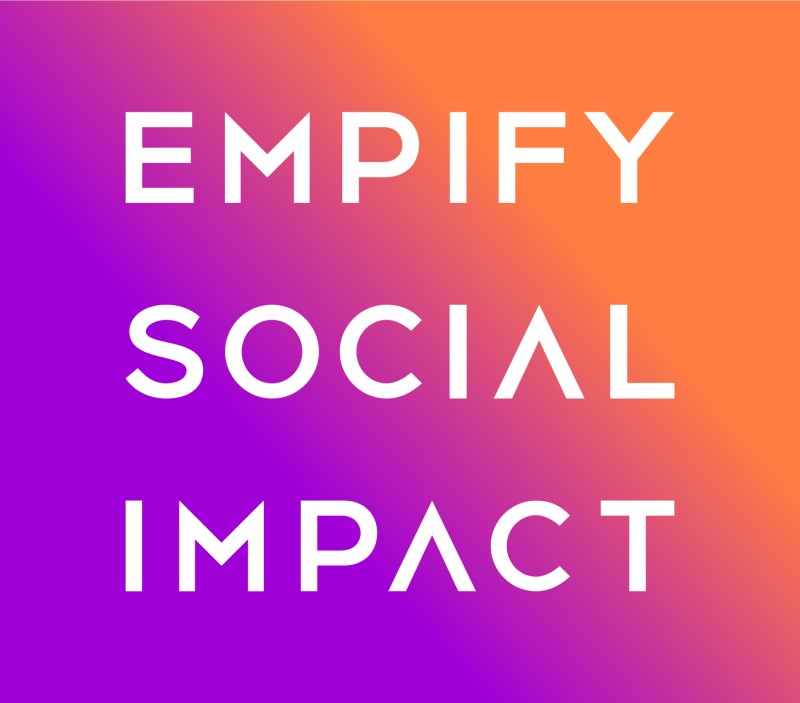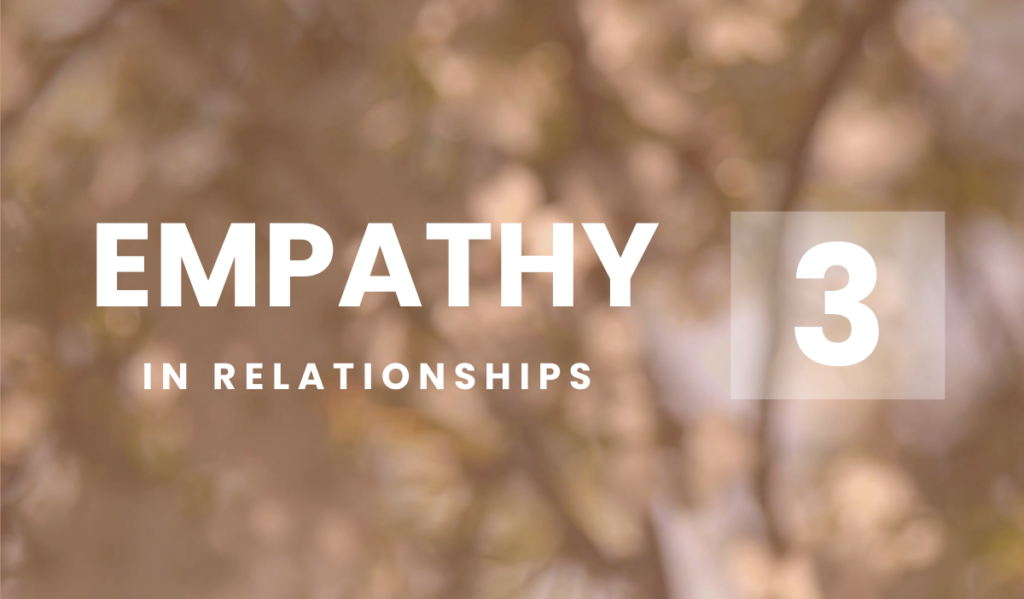Once we develop empathy toward ourselves, the natural next step is applying this skill in our interactions with others. Empathy in response to others goes beyond simply understanding their perspective—it requires active listening, managing expectations, and responding consciously to foster healthy, mutually supportive relationships.
Why Is Empathy Toward Others So Important?
As social beings, we engage in interactions that significantly shape our lives. The ability to respond empathetically allows us to approach relationships with greater openness and attentiveness, reducing the risk of projecting our own struggles onto others. It is a way to create a genuine space for another person’s needs, emotions, and experiences.
The Art of Active Listening
Active listening is more than just hearing—it requires full engagement and openness to the other person. A key element of active listening is setting aside our own thoughts and judgments to focus entirely on the speaker. A good listener does not interrupt, avoids giving unsolicited advice, and genuinely seeks to understand what lies beneath the words being spoken.
Nonviolent Communication (NVC) as a Tool for Empathetic Dialogue
Marshall Rosenberg, the creator of Nonviolent Communication, observed that language rooted in respect and empathy can help resolve conflicts and build relationships based on mutual understanding. NVC teaches us to observe facts without judgment, express our feelings, identify unmet needs, and make clear requests. This approach reduces the likelihood of triggering negative emotions and fosters dialogue that encourages collaboration rather than resistance.
Managing Expectations
Expectations—both realistic and unrealistic—shape how we approach relationships and interactions. High expectations of others can lead to disappointment when they are not met. That’s why managing expectations is essential—avoiding imposing them on situations or people beyond our control. Shifting from expectation to gratitude allows us to find more joy in our experiences.
The Pygmalion Effect – How Expectations Influence Behavior
The Pygmalion Effect demonstrates how our expectations can shape outcomes and influence others’ behavior. Positive expectations can enhance motivation and increase engagement, but setting unrealistic standards can have the opposite effect. Striking the right balance is key—ensuring our expectations are supportive rather than burdensome.
Practicing Empathy in Every Interaction
Empathetic responses are not just tools for building relationships—they are a way to cultivate deeper understanding and acceptance of diversity in society. In every interaction, we have the opportunity to create a space where others feel seen and heard. In the next article of this series, we’ll explore practical techniques to help manage emotions in daily interactions more effectively.

